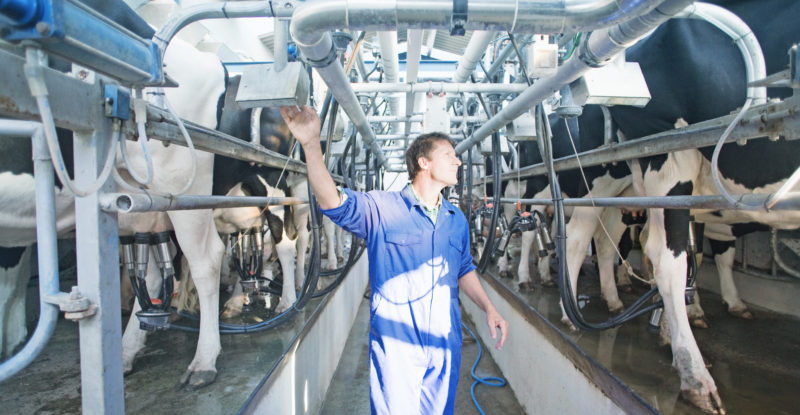(NC) The pandemic is helping us learn how important it is to be able to produce local food right here in Canada. This means that cultivating the next generation of tech-savvy farmers will soon become one of the country’s top priorities.
A recently released report from RBC finds that while 37 per cent of the agricultural workforce is set to retire over the next 10 years, entry to the industry is slowing, with 600 fewer young people stepping into the sector each year.
At the same time, there are persisting barriers that prevent a more diverse talent pool from participating in the industry, including women and Indigenous workers who respectively constitute only 28 per cent and 1.9 per cent of farm operators today.
“Canada could soon face a shortage of talent with diverse skills, posing a potential risk to the resiliency of our agriculture sector,” explains Ryan Riese, national director of RBC agriculture. “Our industry is at a critical turning point, and we must collectively work to advance a dynamic workforce for the future.”
To attract and develop the next generation of agriculture talent, industry leaders and policymakers need to invest in these areas:
- Innovation: With more than 80 per cent of producers under 40 years of age reporting the use of digital tools, young Canadians displaying a keen affinity for technology. Investment in innovation will be critical to attract these young workers, along with non-traditional talent from other industries such as technology, sustainability, finance and more.
- Inclusion: To eliminate the barriers created by capital intensity, ensuring inclusive access to capital is essential. This can mean investing in new financial and farm management solutions and creating loans designed to address the challenges faced by young people, women and BIPOC.
- Education: Like many other industries, education is crucial to paving a path for new talent to enter the sector. While Canada’s post-secondary institutions are stepping up with inventive programs to interest students, more should be done to engage younger students by integrating agriculture and non-agriculture learning at an earlier stage, starting in K-12.
Find more information at rbc.com/agriculture.





